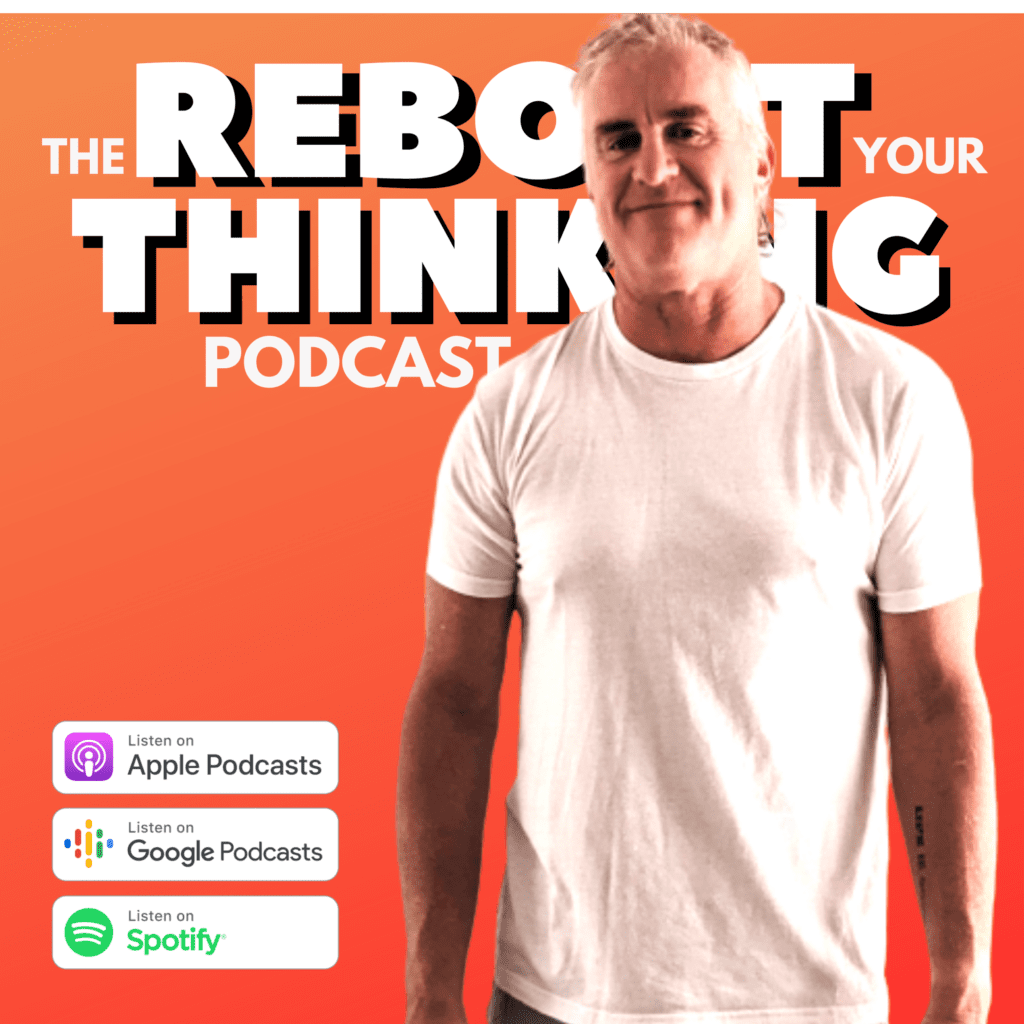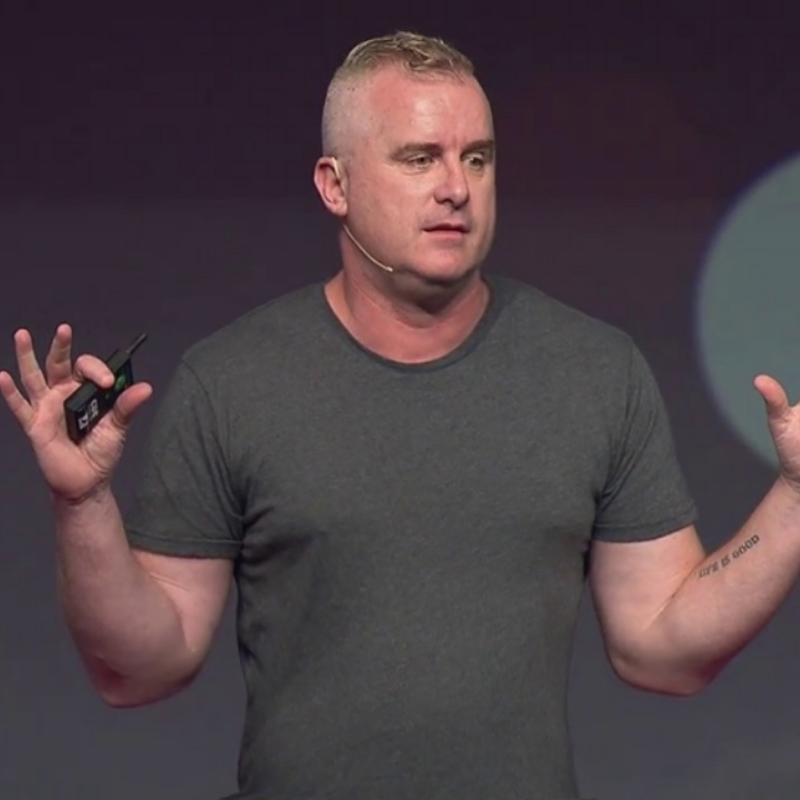Humans are fine. I mean, really, most of them are amazing.
Humans can show me love and empathy and kindness and generosity and humility and wisdom, and four small humans in particular are the greatest gift that the universe has ever given me.
And humans can also be … challenging.
And I am absolutely including myself in there. They can let you down. They can disappoint you. They can leave you flat out scratching your head trying to work out what the hell they are thinking.
But we can mitigate that a little. The great thing about community and society is that, for the most part, we can choose who we share our world most often with. We get to cull the herd if we want. If we don’t make that cull, and if someone still remains in the herd for years and years – and you are whining about them for years and years – that’s not really their fault anymore, is it?
I am not advocating a solitary life, even though I enjoy solitude in small measures. We NEED connection, it keeps us safe and happy and healthy. We just don’t necessarily need to connect with everyone.
So, these are the 11 people who I try really hard to rid my life of, and mostly I have, although there are still a few who have snuck through the net (you know who you are – actually, given the below characteristics, you probably don’t).
The Rigidly Nostalgic
You know the ones. ‘We did it this way in 1973, and it worked fine then’, and ‘Remember when kids didn’t have to wear seatbelts or bike helmets? Things were so much better then’.
Well, yeah, apart from the child mortality rate from motor vehicle accidents, and the amount of kids suffering head injuries coming off bikes and scooters and trampolines.
Things change – and IMPROVE – for a reason sometimes. Technology advances, human wisdom increases, the world gets safer and smarter. People who would hang on to traditions and standards because they were something that their parents thought were a good idea, or their grandparents did, and ONLY because of that, might benefit from seeing the world in 2020 as a citizen of it in 2020.
The Passively-Aggressive
Anyone who employs the silent treatment as their response to a discussion/argument, people who sulk, who – when you ask them ‘what’s wrong’ – they reply by saying ‘nothing’ and then slamming doors and saucepan lids and stomping and sighing loudly for hours.
Yep, them.
Also, anybody who starts a sentence with ‘Please don’t take this the wrong way, but’ or ‘This might sound mean, but’ or ‘I don’t want to sound judgemental, but’ …
I would much rather someone was aggressive-aggressive than passive-aggressive, at least they are having their needs met, and you know what they are thinking, instead of having to decipher some sort of mental mind game.
The Control Freaks
I am very well aware that some people who know me well might be reading this rolling their eyes right now. OK, I can be a bit of a control freak. I am working on it, but it’s still very much there. And I hate it. I want to let it go, I want you to make your own decision, and I want you to put your furniture where YOU want it, and I am trying – really trying – to not care when you are late ALL OF THE TIME …
OK, I am working on it.
Control freaks (like me) are unhelpful because they don’t let people make their own mistakes, they impede other people’s growth, and they can build resentment in other people really quickly.
Let it go people.
The Emotionally Unintelligent
Someone who. lacks emotional intelligence doesn’t just react inappropriately in one situation, it’s not someone who is too emotional, or not emotional enough in one particular situation.
If someone has low emotional intelligence they don’t handle stress or agitation or change very well, they blame others for what’s wrong in their life, and for them reacting inappropriately to situations (particularly in the workplace) and they unable to take responsibility for their actions, behaviours, and feelings.
They can be really self-centred, and you can feel like a commodity to them, rather than a friend or relative.
The good news is emotional intelligence can be taught. If you want more from someone who has low emotional intelligence, make them aware of how YOU feel, ask them if they think how they spoke or acted was appropriate (because they are probably completely unaware of their effect on you), and if all else fails, well, it might be time to reduce that herd.
Those who have a problem for every solution
You know the sort, they are ‘two weeks ahead of bad news’ as my mum used to say. Regardless of the situation, they will take the negative view, the ‘what if it all goes wrong’ view.
Every single time you see them and ask them how they are, they reply with ‘not too bad’. Not TOO bad? So you’re bad then? But not too bad? Either way, you’re definitely not good right?
I get it, it’s not all sunshine and lollipops. But let’s face it, life is a fucking miracle. There is so much wonder and amazement in every day of our life if we just make ourselves available to see and experience it.
You are ‘not TOO bad’ today? Come on.
WATCH
VLOG #10: Ridding myself
of negative people.
The Grammar Police
Why does someone correct someone else’s spelling, grammar or punctuation on Facebook? I mean, really, why do they do it? Do they do it to help the other person? To teach them? To help them not make the same ‘mistake’ again in the future?
Or do they do it to make themselves feel more important? To feel more worldly, wise or smarter?
If someone responds to another person’s post that says, ‘I can’t handle it anymore, their hurting me and making me feel unsafe’ by typing, ‘*they’re’, then the person correcting the grammar has just self-selected for a cull.
The Chronically Sarcastic
I use sarcasm, more than I would like to. I think sarcasm, particularly over-used chronic sarcasm, is a weird and dark cross between the Grammar Nazi and the Passive-Aggressive. It’s hostility, disguised (badly) as humour.
When someone responds to me in a sarcastic way, it’s hard for me not to take it personally, because that is, actually, how it was designed to be taken.
Anyone who doesn’t cry at the end of Million Dollar Baby
It might not be the saddest movie ever made, but it’s gonna make the final.
I worry about people who don’t respond to events in life (or movies) with the kind of emotional empathy that might be appropriate for the situation. That is, of course, a subjective thing, but I mean people who don’t respond AT ALL with ANY kind of emotional response.
I think it’s usually not because they are a psychopath, but more often because they have been conditioned and taught throughout their life to suck it up, ‘be strong’ and bottle that shit up and push it way down deep.
That’s not helpful. For anyone.
The Glory Claimers
You know the person I mean here. ‘I’ve had a great idea’, and then proceeds to tell the room the EXACT same idea that you have just told them the hour before the meeting.
If somebody doesn’t receive credit and recognition for their efforts in life, they will soon stop applying any effort.
Stop claiming other people’s credit, the rising tide lifts all the boats.
Anyone who wants to gossip with you
Because if they’re gossiping with you, they they are definitely gossiping about you. Gossip is poison, to communities, to workplaces, to friendships, to humans.
And recently, I have found the perfect way to end gossip, at least when it gets to me, If I can’t stop it completely.
I say to the person who is sharing something with me I recognise as gossip and unhelpful, ‘why are you telling me this?’
It stops gossip dead in its tracks.
I think that there is one main reason someone wants to gossip, and that’s to make themselves feel smarter or wiser or better than the other person they are talking about. A bit like the Grammar Police, or the Chronically Sarcastic …
Anyone who will put you first
This might sound counter-intuitive – why wouldn’t I want to surround myself with these people?!?
But the truth is, if someone is putting you first all the time, they are also putting other people before their own needs as well. Maybe everybody.
Apart from being able to help this person in some way with their codependence, encouraging people not to do this all the time, is also going to make them more long-term friends of yours, because they are less likely to one day develop a resentment for you because for years and years, all they have done is put you first.
If I don’t put myself first, I can’t be the best version of myself for anyone else. I have no doubt about this. I don’t want to surround myself with people who put me first because eventually I am going to encounter someone who doesn’t and it’s going to be confusing and disappointing for me.
I want people around me who consider themselves first, then others (including me) second. They are going to be happy and balanced and independent people, something I want to be as well.
So there you go. The people I don’t want in my life, and certainly, the types of humans that I don’t want to be (anymore). What do you think? Which people would you add to the list?


















